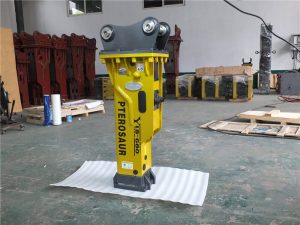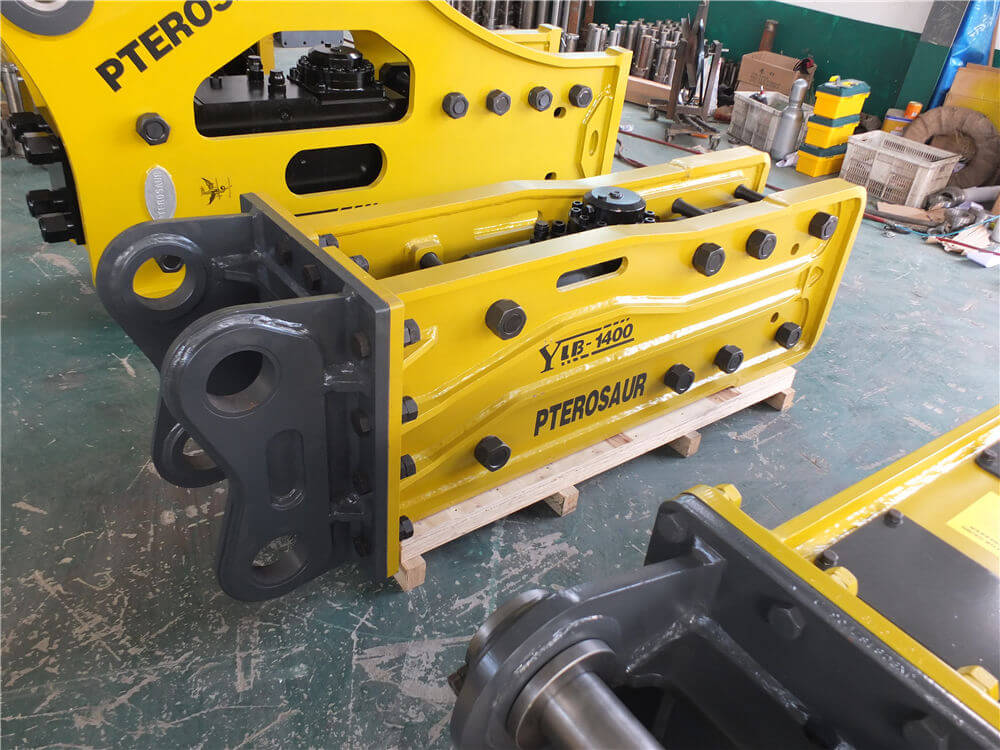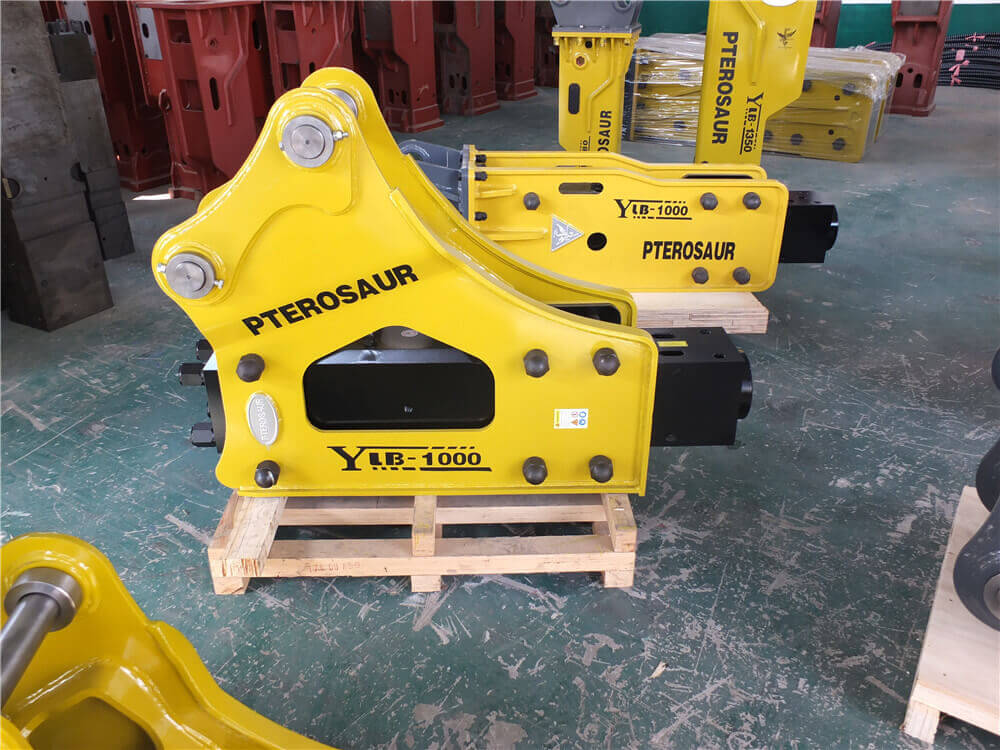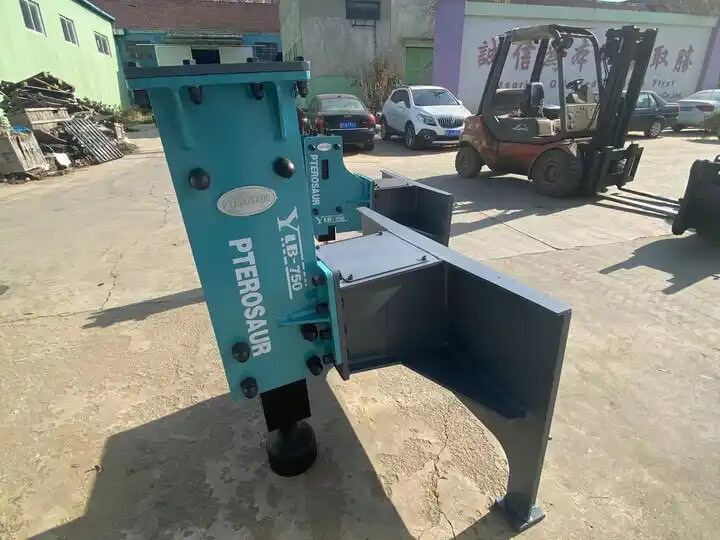Understanding the Functionality of Excavator Breakers and Their Role in Construction
Excavator breakers play a crucial role in construction, particularly when it comes to demolition and material handling. These powerful attachments are designed to efficiently break down hard materials, making them an essential tool on job sites across various industries.
What is an Excavator Breaker?
An excavator breaker, often referred to as a hydraulic breaker, is a heavy-duty attachment installed on an excavator. Its primary function is to crush and demolish hard materials such as rock, concrete, and asphalt. Unlike standard excavators, which are designed primarily for digging and lifting, breaker excavators are tailored for high-impact tasks, making them indispensable in construction and excavation projects.
How Does a Hydraulic Breaker Work?
The hydraulic breaker functions through a system of hydraulic pressure. When the excavator’s hydraulic system activates the breaker, it delivers a powerful strike to the material being targeted. This action is achieved using a piston within the breaker, which compresses and releases energy to create a rapid force. This mechanism allows for effective and efficient breaking of hard surfaces, significantly speeding up the demolition process compared to manual methods.
To ensure longevity and optimal performance of a hydraulic breaker, proper operation is crucial. Operators must be trained to handle the equipment correctly, which includes understanding the appropriate pressure settings and maintenance routines to keep the attachment in good working order.
Types of Excavator Breakers
While there are various types of excavator breakers available on the market, they can generally be categorized based on size and capacity. When selecting a breaker, it’s important to consider the specific requirements of the project. Factors such as the type of material to be broken, the size of the excavator, and the job site conditions should influence the choice of breaker.
- Lightweight Breakers: Ideal for smaller excavators and lighter materials.
- Medium Breakers: Suitable for general construction applications, capable of handling a variety of tasks.
- Heavy-Duty Breakers: Designed for larger excavators, these are used for tough demolition jobs, such as breaking through thick concrete or hard rock.
Benefits of Using Excavator Breakers
The use of excavator breakers greatly enhances productivity on construction sites. Here are some key benefits:
- Efficiency: Breakers can quickly demolish hard materials, reducing the time needed for manual labor.
- Versatility: They can be used in various applications, including road work, mining, and building demolitions.
- Precision: Operators can control the breaker to focus on specific areas, minimizing damage to surrounding structures.
- Cost-Effective: By speeding up the demolition process, projects can be completed more quickly, leading to cost savings.
Conclusion
In summary, excavator breakers are vital tools in the construction industry, providing powerful solutions for demolishing hard materials. Understanding their functionality and the correct methods of operation can lead to improved efficiency and productivity on job sites. Whether you are involved in large-scale construction or smaller demolition projects, utilizing a hydraulic breaker can significantly enhance the overall performance and success of your endeavors.



































